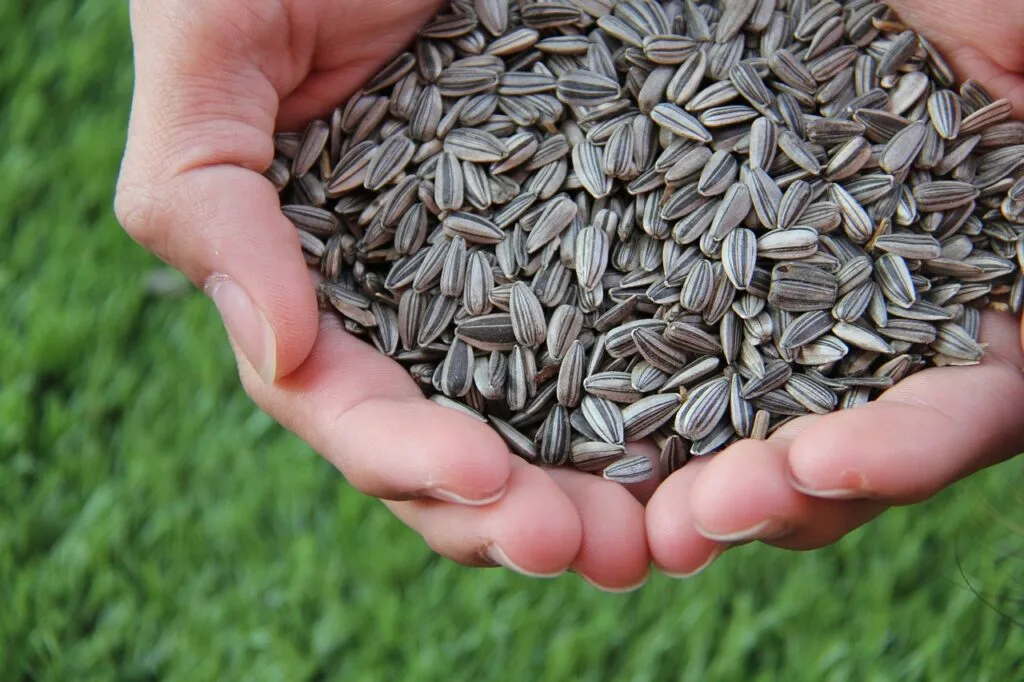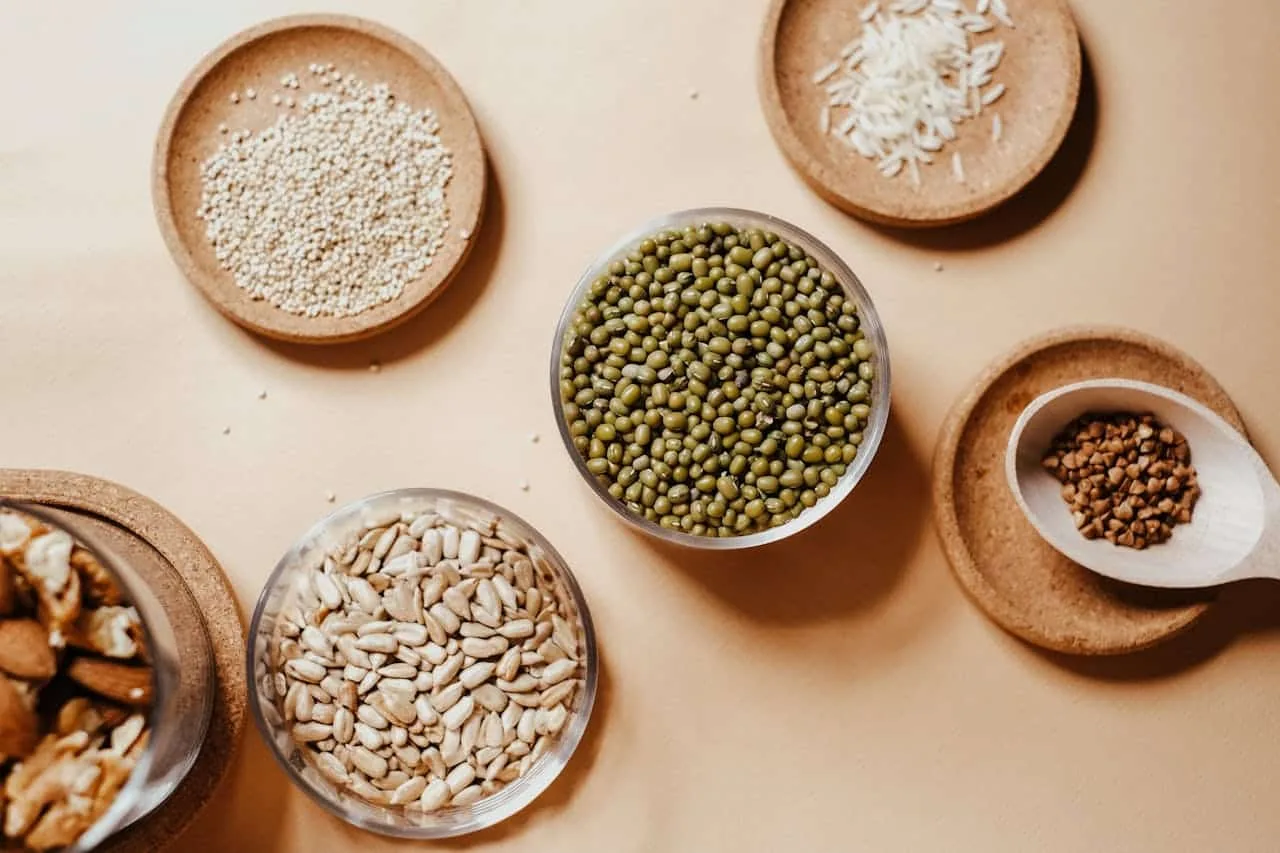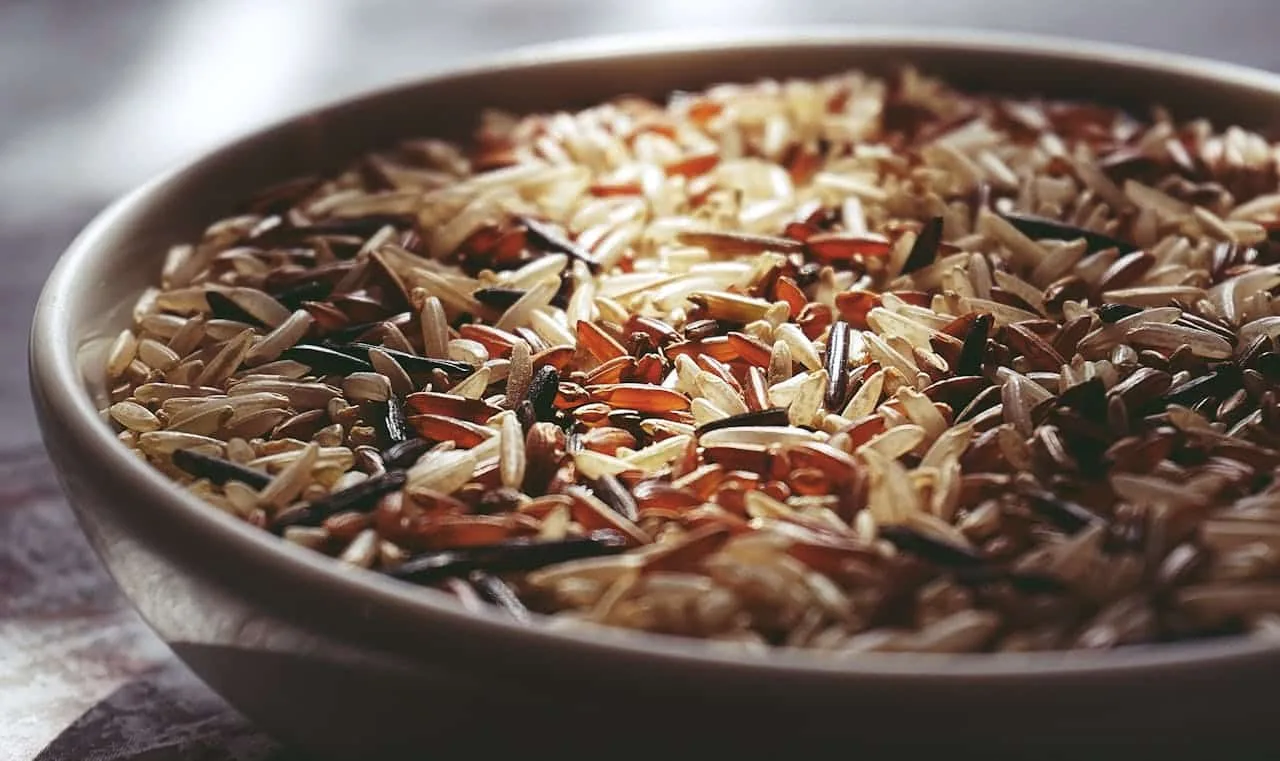Sunflower seeds are the edible fruits of the sunflower plant. They are typically encased in a black and white striped shell, but the actual seed inside is white and has a mild, nutty flavor.
Often enjoyed as a crunchy snack, sunflower seeds are more than just a tasty treat. Packed with essential nutrients, these tiny seeds offer a multitude of health benefits. Let’s delve into the world of sunflower seeds and uncover the reasons why they should be a staple in your diet.

Nutritional Profile
Sunflower seeds are a nutritional powerhouse. They are an excellent source of:
- Healthy Fats: Rich in monounsaturated and polyunsaturated fats, which support heart health.
- Protein: A complete protein source, providing all essential amino acids.
- Vitamins: Packed with vitamin E, an antioxidant that protects cells from damage.
- Minerals: A good source of magnesium, phosphorus, and selenium, essential for various bodily functions.
- Fiber: Aids digestion and promotes gut health.
Nutrient value of Sunflower seeds (100g):
| Nutrient | Amount |
| Calories | 584kcal |
| Fat | 51g |
| Protein | 20g |
| Carbohydrates | 20g |
| Dietary Fiber | 6g |
| Sugars | 2g |
| Vitamin E | 37.17mg |
| Vitamin B1 (Thiamin) | Good source |
| Phosphorus | Good source |
| Copper | Excellent source |
Health Benefits
Heart Health
- Reduced cholesterol: Sunflower seeds contain healthy fats, including monounsaturated and polyunsaturated fats, which help lower bad cholesterol levels.
- Lower blood pressure: The potassium content in sunflower seeds helps regulate blood pressure, reducing the risk of heart disease.
- Antioxidant protection: The antioxidants in these seeds help protect your heart from oxidative damage.
Brain Boost
- Improved cognitive function: Sunflower seeds are a good source of vitamin E, which has been linked to improved cognitive function and a reduced risk of Alzheimer’s disease.
- Mood enhancement: The healthy fats in these seeds support brain health and may help improve mood.
Weight Management
- Appetite control: The fiber and protein content in sunflower seeds can help you feel fuller for longer, reducing overall calorie intake.
- Sustained energy: The combination of healthy fats and protein provides a steady energy release, preventing energy crashes.
Immune System Support
- Antioxidant power: Sunflower seeds are rich in antioxidants, which help protect your cells from damage and boost your immune system.
- Vitamin E: This vitamin plays a crucial role in immune function and helps fight off infections.
Skin Health
- Anti-aging benefits: The antioxidants in sunflower seeds help protect your skin from damage caused by free radicals, reducing signs of aging.
- Hydration: The healthy fats in these seeds help keep your skin hydrated and supple.
Other Benefits
- Strong bones: Sunflower seeds contain minerals like phosphorus and magnesium, essential for bone health.
- Blood sugar control: The fiber content can help regulate blood sugar levels.
- Digestive health: The fiber in sunflower seeds promotes healthy digestion and prevents constipation.
- Energy boost: The combination of healthy fats, protein, and carbohydrates provides sustained energy.
- Anti-inflammatory properties: Some studies suggest that sunflower seeds may have anti-inflammatory effects.
How Sunflower Seeds Help Control Blood Sugar?
Fiber Content: Sunflower seeds are a good source of dietary fiber. Fiber helps slow down the absorption of glucose into the bloodstream, preventing spikes in blood sugar levels.
Magnesium: This mineral plays a crucial role in insulin sensitivity, helping your body effectively use insulin to regulate blood sugar.
Healthy Fats: While it might seem counterintuitive, the healthy fats in sunflower seeds can help manage blood sugar levels. They can improve insulin sensitivity and help prevent blood sugar spikes.
Sunflower Seed Butter
For those who love nut butter, sunflower seed butter is a delicious and allergy-friendly alternative. It has a similar texture and taste to peanut butter but is lower in saturated fat.
How much sunflower can I eat a day?
A general guideline is to consume about 1 ounce (28 grams) of sunflower seeds per day. This amount provides a good dose of nutrients without overdoing it on calories.
It’s important to listen to your body and avoid overconsumption. Eating too many sunflower seeds can lead to digestive issues or excessive calorie intake.
Potential Side Effects of Overconsuming Sunflower Seeds
While sunflower seeds are generally healthy, consuming excessive amounts can lead to some potential side effects:
- Digestive Issues: Excessive fiber intake from sunflower seeds can cause digestive problems like bloating, gas, and diarrhea.
- Caloric Overload: Sunflower seeds are high in calories. Overconsumption can lead to weight gain.
- Nutrient Imbalance: Consuming too many sunflower seeds might lead to an imbalance of nutrients in your diet.
- Allergic Reactions: Although rare, some people may have allergies to sunflower seeds. Symptoms can range from mild to severe.
It’s essential to consume sunflower seeds in moderation as part of a balanced diet.
Conclusion
Sunflower seeds are a nutritional powerhouse packed with healthy fats, protein, vitamins, and minerals. Incorporating them into your diet can offer various benefits such as improved heart health, weight management, and immune function. While they are generally safe, consuming excessive amounts can lead to digestive issues, weight gain, nutrient imbalance, and allergic reactions. Therefore, it’s essential to enjoy sunflower seeds in moderation as part of a balanced diet and to be mindful of individual needs and potential sensitivities.
Follow Us on Instagram






